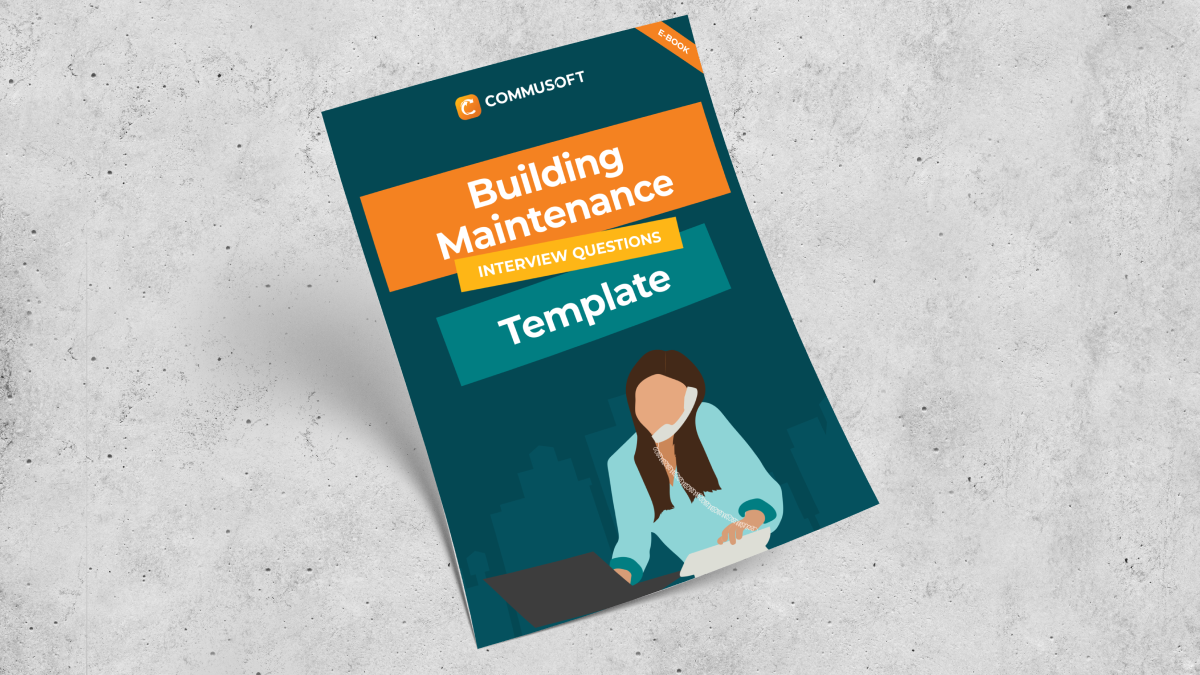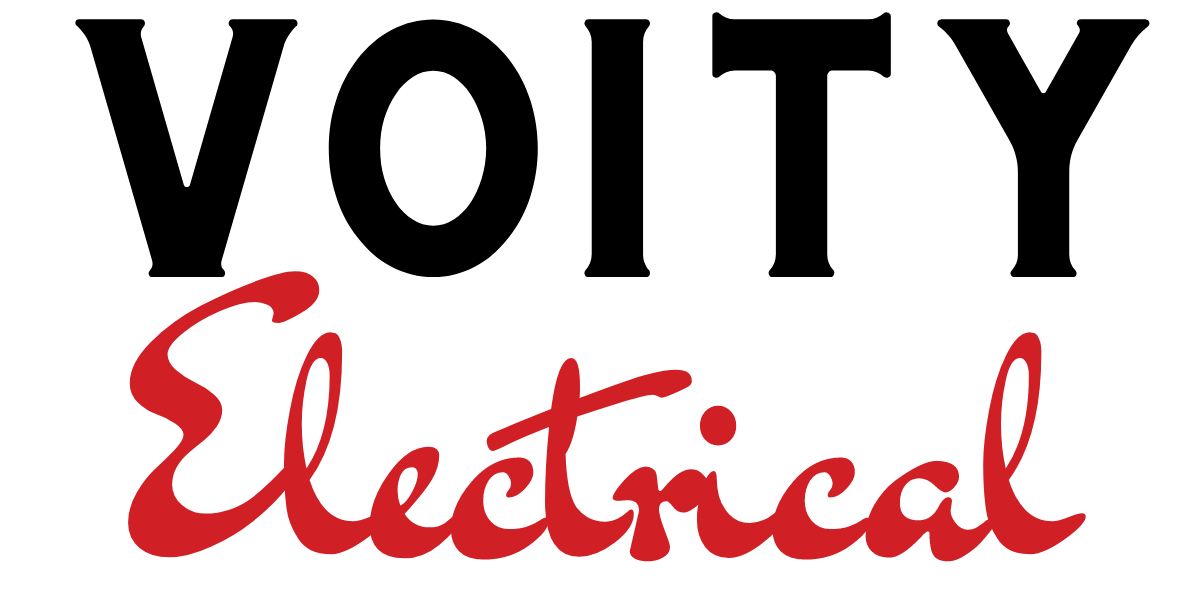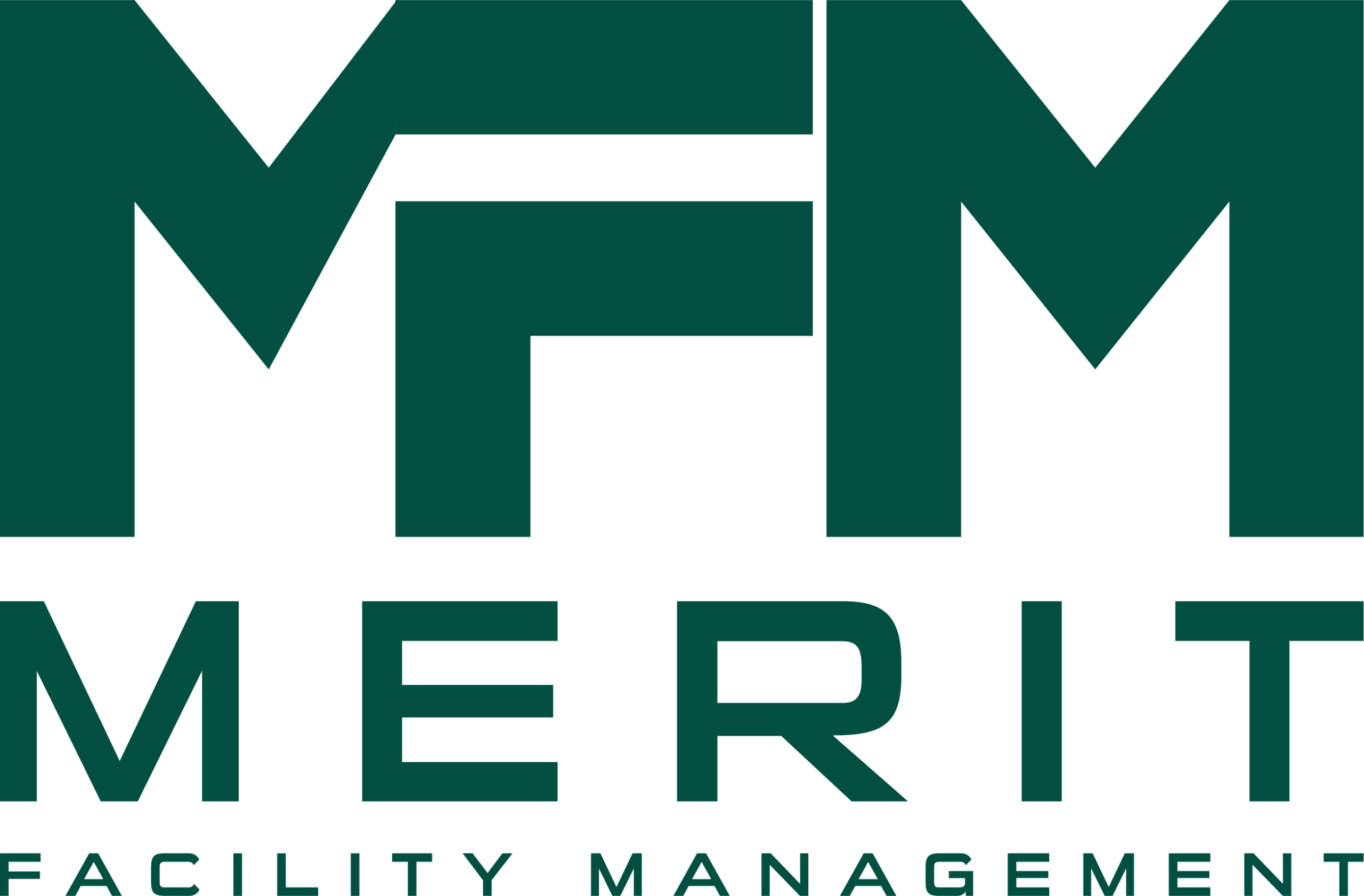Looking for a new position can feel like a job within itself. Researching companies, arranging meetings, and mastering interview questions is an intensive process.
But before all of that can even begin, you need to get your foot in the door – which is where a great HVAC technician resume comes in.
There’s no doubt it can be difficult to present your best self on a piece of paper, especially when you’re one of hundreds in the applicant stack. With businesses looking through so many resumes they’re unlikely to see your awesome personality shine through, let alone see how skilled you really are in the field.
And while it may seem like an uphill battle to stand out, we have some tips that will help you conquer that mountain. So let’s dive in!

1. Use formatting and phrasing to highlight your skills
The first step to standing out is breaking the mold.
We’ve all seen the “generic resume”: your name at the top in bold, a flurry of bullets explaining your experience, and then your education and certificates at the end.
Sure, it gets the job done, but is it likely to leave an impression? In short, no.
Of course, we don’t recommend going rogue and creating a completely unrecognizable structure. Instead, when writing your resume, really consider how you can best present yourself on paper. Start with:
Formatting your HVAC technician resume
If you’re fresh out of school, for example, maybe your work history shouldn’t be the first section you highlight. If you’re competing with HVAC technicians that have 5+ years of experience, and you’ve just finished your apprenticeship, following the standard resume format isn’t likely to work in your favor.
Instead, consider beginning with a professional summary. According to Rockstar HVAC, a recruiting company for field service technicians, attitude is the most important thing for employers to look for in a candidate.
If they fit your personality, consider describing yourself as “eager,” “go-getter,” “ambitious,” “positive,” and “people person.” Use words that demonstrate you’re willing to learn, excited to be a part of a team, and ultimately have a great attitude.
Skills can be taught and experience comes with time, but personality is not as easy to develop. And if you’re going to be in a client facing role, your attitude and way you present yourself is essential.
When structuring your resume, keep your name, phone number, email, and address at the top of the page so it’s clear to them who they’re evaluating. Then, put your professional summary immediately below. This way it’s one of the first things they see on the page, and it gives them an instant sense of who you are as a person.
Phrasing your HVAC technician resume
On the other hand, if you’re an HVAC technician with loads of experience–emphasize that! Where most candidates fall flat, however, is the way they describe their achievements.
More often than not, applicants aren’t specific about their accomplishments. For example, if you were an employer, which phrase would impress you more?:
- Consistently exceeded monthly job quota.
- Consistently exceeded job and sales quota by 50% over a 12 month period by making proper recommendations and setting correct expectations for customers.
If you’re like us, probably number two. Not only does it show you’re an overachiever (and a consistent one at that!), but it also demonstrates that you work well with customers. Technicians with sales skills can truly make an impact on a field service business, so highlighting that you really consider and prioritize your clients’ needs is invaluable.
What makes option 2 the best is the fact that it mentions hard numbers, and shows the impact you’ve had on the company, not just a personal skill. After all, what an employer wants to know is what you can do for them.
It’s crucial to format and phrase your resume in a way that presents your best self, your qualities, and skills. Don’t be hesitant to step out of the box. If anything, by taking a creative and more tailored approach, you’ll be sure to stand out to employers.
2. Make your HVAC technician resume stand out
Once you decide on the formatting for your HVAC technician resume, it’s important the actual content on it stands out to the hiring manager. You don’t want your application to be disqualified from moving forward because your resume didn’t leave a strong enough impression.
1. Information tailored to the job description
Not all job descriptions are the same, which means not every resume you send out should be the same, either. Let’s look at some examples:
Job #1

Job #2

Both of these businesses are hiring for an HVAC technician, but their expectations of a technician vary. For example, the second description has an emphasis on customer service, which the first description doesn’t mention at all.
If you sent out your resume for Job #1 highlighting your commercial experience and promptness for call-outs, you’d probably be a shoe in for an interview. However, if you sent that same resume to Job #2, you may not be invited to the next steps in the hiring process.
Why? Because while those skills and qualities are great, they aren’t an exact match for what the employer is looking for. They took the time to write out those details for a reason, and it’s important you adapt your resume to them as well.
Not only does this make you a better fit for the role in their eyes, but it also shows you went the extra mile. It can be frustrating as a hiring manager to receive dozens of resumes that don’t match the position description. If you tailor your application, you’re sure to stand out from the crowd.
2. Additional skills and interests
If you have an impressive list of experience and achievements, your “skills and interests” section tends to get cut from your HVAC technician resume. However, it’s a great opportunity to demonstrate what makes you stand out as a candidate.
Always list out any additional or special certificates and licenses you have, but also use this space to show what makes you really unique.
Are you fluent in another language? That can be a huge advantage! If the company doesn’t have an employee who can communicate with non-English speaking customers, you can be a major asset for them.
Consider including keywords here too, like “skilled in teamwork,” “problem solving,” “leadership,” etc. They can easily become rapport-building talking points once you move on to an in person interview.
That’s also why you should include your interests on your resume.
Maybe you write that you enjoy hiking in your free time, and the hiring manager interviewing you also loves spending time outdoors. Adding in an extra bullet or two can create an excellent opportunity to make a deeper, more meaningful connection.
Not to mention, it gives the hiring manager a stronger sense of who you are as a person. This can be especially important because companies will look for candidates who align with their values and culture. Make sure to check their website first and then tailor your resume to your findings. It will also save you from wasting time on applications to companies whose values you don’t align with.
If you know the business you’re applying to prioritizes working as a team, for example, don’t be hesitant to mention any past experiences you have with this. Even if that experience is playing in a local kickball league–include it in this section! It demonstrates you’re used to being a part of a team, and can be a major talking point to expand on in the interview.
3. If you have them, your LinkedIn profile and other social accounts
If you really want to stand out, give employers easy access to your professional persona. LinkedIn is an especially great resource to include because it gives you more than an 8 x 11 space to highlight your many achievements.
Plus, many technicians in the HVAC industry have recommendations on their LinkedIn profile given by previous employers and colleagues. There’s nothing better than your new, potential company hearing about what a rockstar you were in your previous role!
Similarly, if you’re active on social media and engaging with industry content, hiring managers will also take notice. It’s a huge plus to have an employee who stays up to date with the latest news and trends in HVAC.
And if your accounts are not up to par, it doesn’t take much to build them up. Invest an hour or two on these platforms putting your best self forward–it’s sure to pay off.
Consider liking the company’s page and interacting with their content. If you don’t have any professional recommendations, reach out to former colleagues and see if they’d be willing to write one for you.
Best of all, if there’s something you wanted to say on your resume but just couldn’t fit it, put it on LinkedIn! If you link your profile on your resume, more times than not the hiring manager will take a look at it. It’s a great way to differentiate yourself and really give them the full scope of who you are as a candidate.
3. The Building Blocks of a great HVAC Resume
Let’s quickly break down the HVAC resume writing process even further into four easy sections.
Using the information you learned above and combining it with the section below should leave you with the ability to write an outstanding resume that helps you get hired faster!
Summary
The summary of a resume should be brief – but have something that helps you stand out from the competition. Getting the attention of the hiring manager can be difficult, and a strong summary to start will help you get the conversations started.
Passively showing the hiring manager that you are eager to work and an asset to the company will help get you higher-quality interviews.
Education
Listing your education is a standard part of most resumes across any industry. A high school diploma, college degree, or any relevant certifications received through the classroom or hands-on training should be listed here.
While a formal education isn’t required for every job – it’s good practice to list the education you have on a resume. Most employers will help use this information to help determine if you’re qualified for the job.
Work History
Arguably, the most important part of the resume is your work history. When detailing your work history, provide the role and the period of time you held it for. You’ll also want to describe the daily, monthly, or annual responsibilities you had while using metrics if possible.
Showing employers where you’ve been and what you’ve done (in detail) can help them quickly determine if you’d be a good fit for the job they have open.
Skills
You should also list any other technical skills you’ve acquired that might not fall under your previous job description.
If you’ve learned how to use specific industry software or other pieces of specialized equipment, it’s worth putting that in the skills section of your HVAC resume.
4. What to do after you’ve written your HVAC technician resume
You’ve formatted your resume perfectly and included all of the stand out elements–so what’s next?
The great news is, right now HVAC professionals are in high demand. That’s why The Training Center of Air Conditioning and Heating recommends technicians be picky in their search, “Really make sure you get started in the right environment. Don’t be afraid to take on multiple interviews and not jump at the first offer that comes your way.”
While it is important to send out tailored resumes to a wide range of opportunities, don’t feel pressured to move forward with every interview offered. If you read their online reviews or company values and don’t align with them–it probably won’t be the right match.
At the same time, if there are businesses you feel would be a great fit for you, don’t be afraid to make your interest clear! Reach out to employees working there on LinkedIn who have similar roles and ask them how they find the day to day. It’s a great way to make connections and get more inside knowledge about the company.
And if you know someone who works at one of the companies you’re applying to, consider asking them to pass along your HVAC technician resume directly to the hiring manager. Many businesses have employee referral programs, and really value when current employees recommend a great candidate for the role. Some even offer incentives for referrals–so take advantage!
Your resume is the first step in the hiring process, and it’s the first introduction companies will have to you. That’s why it’s important to be an advocate for yourself when submitting applications.
And as you prepare for the next steps, make sure you can answer questions employers might ask you about your resume. To help you get a head start, here is a list of the most common technician interview questions.
Free HVAC Technician Resume Template
Looking for a new job can be hard work, but it’s much easier when you have a great resume that helps you stand out from the crowd. That’s why it’s so important to format and phrase your resume in the way that highlights you best.
Emphasize your strengths and what makes you the best candidate for the role, and don’t worry if your HVAC technician resume doesn’t look like the rest. In most cases, that will work in your favor!
Put as much of your personality into it as you do your experience and skills. Companies are hiring people–so it’s important to come across as an individual and not just another copy and paste resume. If they can connect with what you have on paper, they’re sure to connect with you in person.
To help you get started, we’ve put together an HVAC technician resume template for you below. It has everything you need to stand out, and we’ve left plenty of room for you to customize and tailor it to yourself.
Click the banner below to get your copy!










